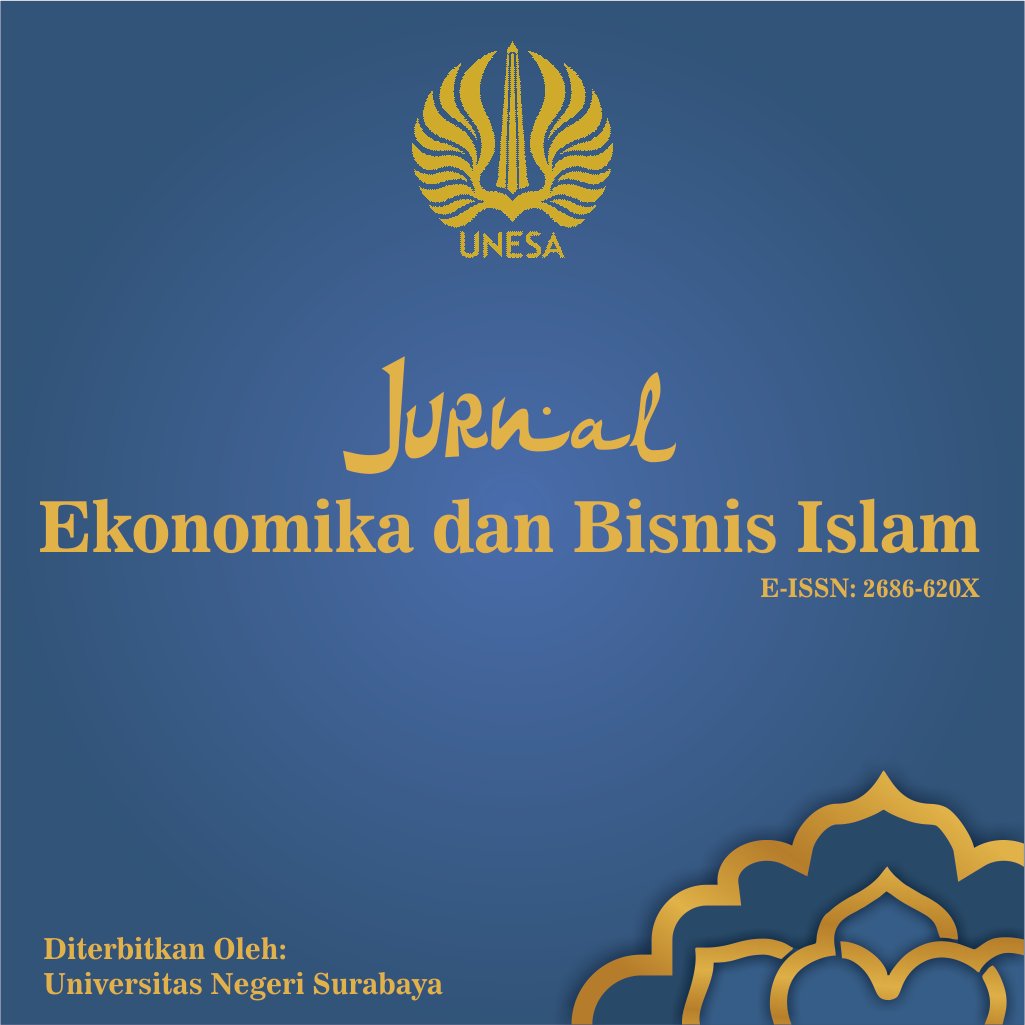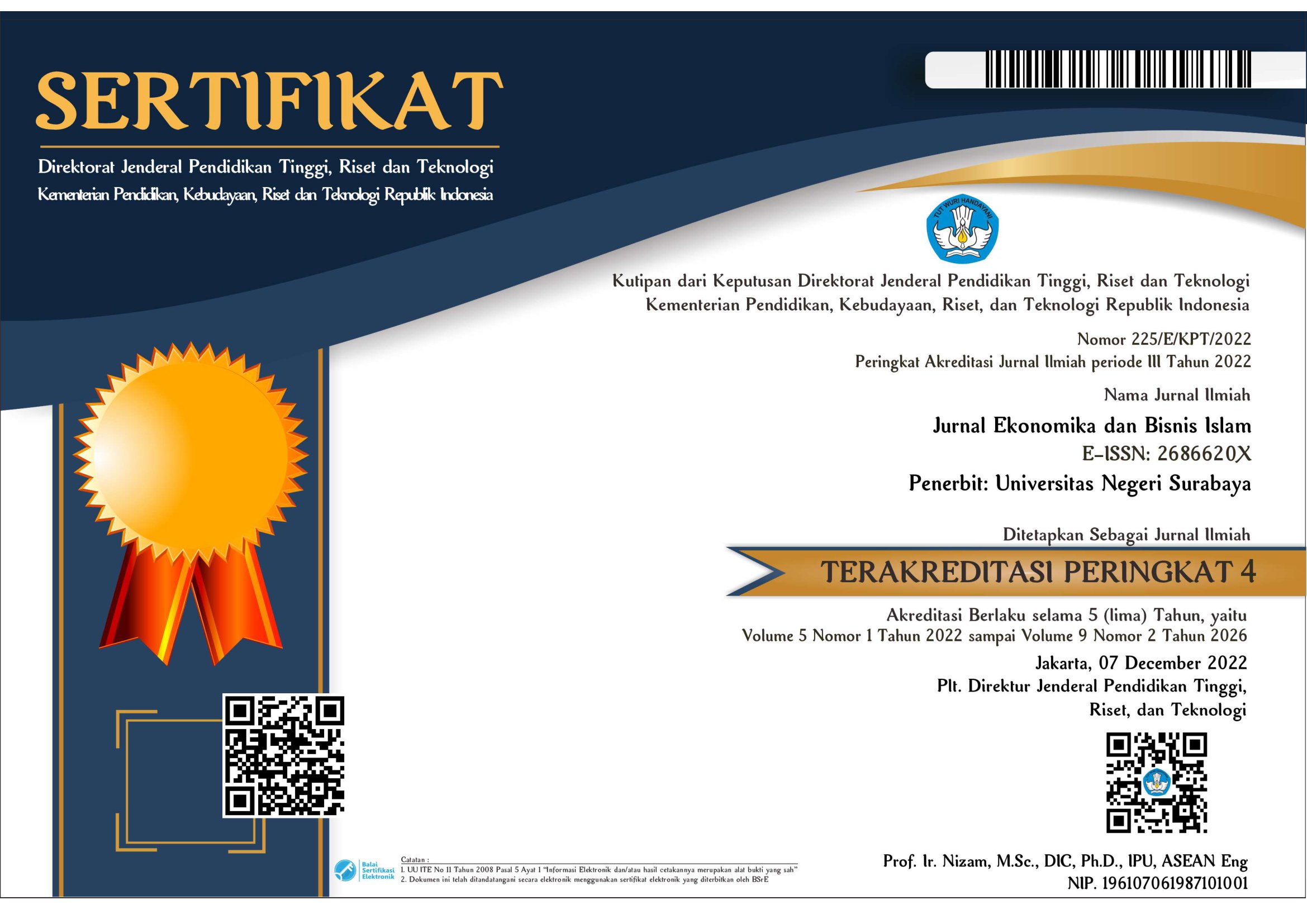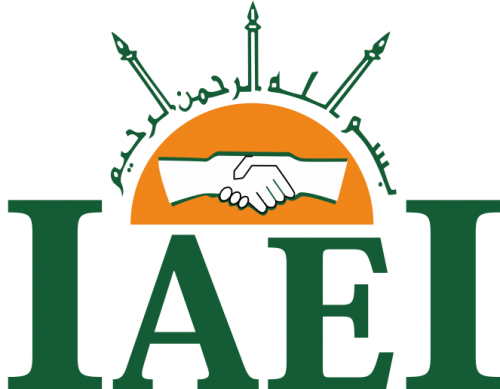Hubungan Religiusitas Dan Labelisasi Halal Terhadap Keputusan Pembelian Produk Non Makanan Dan Minuman
DOI:
https://doi.org/10.26740/jekobi.v3n2.p13-25Abstract
The need for halal status and product safety has led to the emergence of the Halal Product Guarantee Act (JPH Law). With the JPH Law, not only food and beverages must be halal certified, but also non-food and beverage products, including cosmetic products and used goods. The purpose of this study is to find out how the relationship between religiosity and halal labeling on purchasing decisions for non-food and beverage products, specifically cosmetic products and used goods. This research is a quantitative study with a total sample of 140 people with data collection using a questionnaire. Data analysis used multiple correlation analysis test, partial test (t test), simultaneous test (f test), and coefficient of determination test (R2 test). The results showed that the religiosity variable had a positive and significant relation on purchasing decisions and the halal labeling variable also had a positive and significant relation. While the test results of the coefficient of determination (R2) are at a value of 55.7% meaning that the variable religiosity and halal labeling contribute to 55.7% of the decision to purchase non-food and beverage products.
References
Aspan, Hendry. (2017). The Effect of Halal Label, Halal Awarness, Product Price, and Brand Image to the Purchasing Decision on Cosmetic Products. International Journal of Global Sustainability ISSN 1937-79242017, Vol. 1, No. 1
Astogini, Dwiwiyati, dkk. (2011). Aspek Religiusitas Dalam Keputusan Pembelian Produk Halal. Jurnal JEBA, Vol.13, No.1, Maret 2011.
Burhanuddin. (2011). Pemikiran Hukum Perlindungan Konsumen dan Sertifikat Halal. Malang: Uin-Maliki Press.
Darajat, Zakiyah. (2011). Ilmu Pendidikan Islam. Jakarta: Bumi Aksara
Fitria, Moch. Khoirul. (2018). Pengaruh Tingkat Religiusitas Santri Terhadap Minat Menabung di Perbankan Syariah. Jurnal Ekonomi Islam, 1(1), 25-35, 2018,
Sari, Kartika. (2016). Hasil Indeks Kota Islami Tempatkan Yogyakarta di Nomor Pertama. Tersedia di https://news.detik.com/berita/d-3212356/hasil-indeks-kota-islami-tempatkan-yogyakarta-di-nomor-pertama. Diakses pada 18 Februari 2019
Hipwee. (2018). 7 Barang Ini Ternyata Ada Sertifikasi Halalnya lo, Mulai dari Kulkas Sampai Makanan Kucing. Tersedia di https://www.hipwee.com/feature/bukan-cuma-kulkas-aja-7-barang-ini-ternyata-ada-juga-yang-diberi-sertifikasi-halal-ada-ada-aja/. Diakses pada 25 Desember 2019
Imammudin. (2017). Pengaruh Label Halal dan Religiusitas Terhadap Keputusan Pembelian Mie Instant Mahasiswa IAIN Bukittinggi. Jurnal Ekonomika Syariah Vol. 1 No. 1 2017
Kotler, Philip and Gary Armstrong. (2012). Prinsip Prinsip Pemasaran. Jakarta: Erlangga
Kotler, Philip and Keller. (2010). Manajemen Pemasaran. Jakarta: Erlangga.
Larasati, Ajeng. (2018). Religiusitas Dan Pengetahuan Terhadap Sikap Dan Intensi Konsumen Muslim Untuk Membeli Produk Kosmetik Halal. Jurnal Esensi: Jurnal Bisnis dan Manajemen. Volume 8 May 2018
Mahmud, Amir. (2017). Kajian Hadis tentang Halal, Haram, dan Syubhat. Jurnal Adabiyah Vol. 17 Nomor 2/2017
Roziq, Ahmad. (2018). Analisis Pengaruh Religiusitas Terhadap Kesejahteraan Dalam Konsep Islam Falah Dengan Pola Konsumsi Rumah Tangga Sebagai Variabel Mediasi. Tesis. UIN Maulana Malik Ibrahim
MUI. (2019). Sertifikat Halal MUI. Tersedia di https://www.halalmui.org/mui14/main/page/sertifikat-halal-mui. Diakses 30 Desember 2019
MUI. (2019). Barang Gunaan Haruskah Bersertifikat Halal?. Tersedia di http://www.halalmui.org/mui14/main/detail/barang-gunaan-haruskah-bersertifikat-halal. Diakses pada 12 Januari 2020
Nasrullah, A. (2018). Analisis Potensi Industri Halal Bagi Pelaku Usaha Di Indonesia. At-Tahdzib: Jurnal Studi Islam Dan Muamalah, 6(1), 50-78.
Pangestuti, Edriana. (2019). Pengaruh Religiusitas, Sertifikasi Halal, Bahan Produk Terhadap Minat Beli Dan Keputusan Pembelian. Jurnal Administrasi Bisnis (JAB)|Vol. 66 No. 1 Januari 2019
Simamora, Henry. (2000). Manajemen Pemasaran Internasional. Jakarta: Salemba Empat
Sukesti, Fatmasari. (2016). Peningkatan Loyalitas Nasabah Bank Syariah Melalui Peningkatan Kualitas Layanan Dan Kepuasan Nasabah Dengan Variabel Religiusitas Sebagai Variabel Moderating. Jurnal Economika Jurnal Ekonomi Islam. Vol 7. No. 2 2016
Suroso. (2015). Hubungan Antara Religiusitas dan Dukungan Sosial dengan Kebahagiaan Pelaku Konversi Agama. Jurnal Psikologi IndonesiaJanuari 2015, Vol. 4, No. 01.
Solimun. (2017). Metode Statistika Multivariat Pemodelan Persamaan Struktural. Malang: UB Press
Widarjono, Agus. (2018). Ekonometrika Pengantar dan Aplikasinya Disertai Panduan Eviews. Yogyakarta: UPP Shendry TIM YKPN
Wimayasari, Dresya. (2017). Religiusitas Tokoh Utama Dalam Novel Surat Keciluntuk Tuhan Karya Agnes Davonar. Jurnal Widyabastra, Volume 05, Nomor 1, Jun 2017
Downloads
Published
How to Cite
Issue
Section
License
This work is licensed under a Creative Commons Attribution 4.0 International License.
 Abstract views: 1947
,
Abstract views: 1947
, PDF Downloads: 1672
PDF Downloads: 1672














